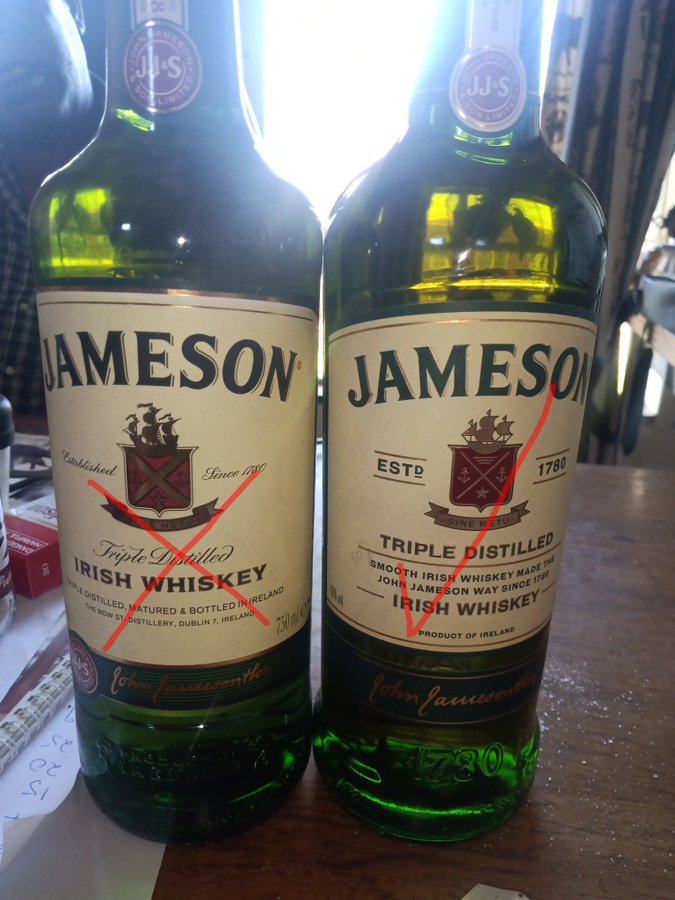
By Simbarashe Namusi
In Zimbabwe, we now don't just sip whiskey. We interrogate it.
Because these days, from sneakers to slang, almost everything might be wearing a disguise.
We’ve learned to live with a little uncertainty. Is that “Nike” hoodie really Nike, or just a good impersonator? Is this Jameson whisky from Ireland or from a backyard in Glen View? And why does this cordial smell faintly like cough syrup?
We’ve reached the point where authenticity isn’t assumed—it’s a luxury. The fake is now the everyday. And the more I think about it, the more I realize it’s not just our wardrobes or drinks that are getting knock-offs. Our culture is, too.
The Sneakers and the Slang
Take language, for example. Once, a Shona or Ndebele proverb could stretch out in all its glory—layered with meaning, rich with rhythm. Now, our conversations hop like a DJ mixing three tracks at once: a dash of English, a sprinkle of street slang, and a few Shona syllables for flavor. It’s punchy, yes. Clever, often. But sometimes it feels like wearing fake sneakers—they look the part but are not built to last.

The Whisky and the Wisdom
Related Stories
Our folk wisdom used to be like proper whisky—slow-brewed, carefully distilled, and meant to be sipped and savored. These days, we sometimes reach for fast-mixed substitutes: quick memes, borrowed quotes, or that “deep” thing someone tweeted once. It’s wisdom-flavored, not quite wisdom itself.
The Culture of Almost
There’s a pattern here: we’ve started settling for “close enough.” Close enough in clothes, in drinks, in language, and even in music and storytelling. And once “almost” becomes acceptable, “authentic” starts feeling old-fashioned, like something you’d only keep for special occasions—if at all.
Why It Matters
The trouble is, culture is like taste buds: lose them slowly, and you don’t notice until one day, everything tastes bland. And when everything tastes the same, you’ll drink anything—even if it’s not quite safe.
A Small Rebellion
Maybe the way back isn’t grand campaigns or stern lectures. Maybe it’s in the little rebellions: buying the one real leather belt instead of three fake ones, finishing the proverb instead of cutting it short, and telling a proper story instead of sending a TikTok link.
Because the more we choose the real thing—in goods, in words, in meaning—the more we remember who we are. And if we can do that, then maybe, just maybe, we can pour ourselves a genuine drink again… and actually trust what’s in the glass.
Simbarashe Namusi is a peace, leadership, and governance scholar as well as a media expert. He writes in his personal capacity




















Leave Comments